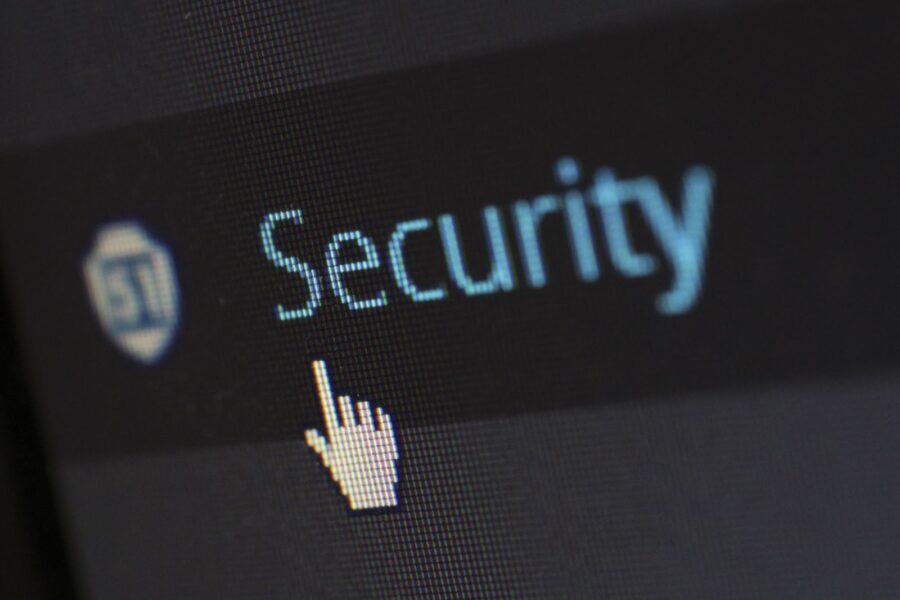We live in a digital age where technology is constantly evolving. Unfortunately, with this evolution comes new ways for criminals to exploit us. Whether you’re a business or an individual, it’s important to be aware of the dangers out there and take steps to protect yourself. This blog post will discuss 4 tips on how not to become a victim of hacking!
1) Use strong and unique passwords:
A lot of people use the same password for multiple accounts. Unfortunately, this is a huge security risk because if a hacker gets ahold of your password, they can gain access to all of your accounts. To protect yourself, you should use strong and unique passwords for each of your online accounts. A combination of letters, numbers and special characters is an excellent way to create strong passwords.
In addition, you should never use personal information like your birthday or your mother’s maiden name as a password. This information is relatively easy to find and gives hackers a head start in trying to guess your password. Finally, it would be best if you change your passwords on a regular basis. Many experts recommend changing your passwords every 90 days. This may seem like a hassle, but keeping your accounts secure is worth it.
2) Avoid using public Wi-Fi:
Public Wi-Fi is convenient, but it’s also a hotbed for hackers. When you connect to public Wi-Fi, you’re essentially putting your device and all of your data on an unsecured network. This means that anyone can see what you’re doing online and potentially steal sensitive information like passwords and credit card numbers.
If you need to use public Wi-Fi, there are some steps you can take to protect yourself:
- Avoid using sites that require you to enter sensitive information, like banking sites or email accounts.
- Make sure that your device is up-to-date with the latest security patches.
- Consider using a VPN (a virtual private network) when connecting to public Wi-Fi.
A VPN encrypts your data and makes it much more difficult for hackers to steal your information; you may ask, can you be tracked with a vpn? The answer is no.
3) Be careful what you click on:
One of the most common ways that hackers gain access to people’s accounts is through phishing emails. Phishing emails are messages that appear to be from a legitimate source but are actually from a hacker. These emails often contain links or attachments that, when clicked on, install malware on your device or give the hacker access to your account.
To protect yourself from phishing attacks, you should be cautious about the messages you open and the links you click. If you’re not sure whether an email is legitimate or not, err on the side of caution and don’t open it. And if you receive an email with a link from someone you don’t know, don’t click on it!
In addition to phishing emails, you should also be careful about the links you click on in general. Many hackers will create fake websites that look identical to legitimate ones in an attempt to trick people into entering their login information. So, before you enter your password on any website, make sure that you’re on the correct site by checking for misspellings or unusual characters in the URL. Finally, avoid clicking on links in pop-up ads, as hackers often use these to install malware on your device.
4) What to do if hacked?
If you believe that you have been hacked, the first thing you should do is change your passwords. This includes any and all accounts that may have been affected. Once you have changed your passwords, be sure to create new ones that are strong and unique. You should also enable two-factor authentication if it is an option.
Next, you will want to run a virus scan on your computer. If you find that there are indeed viruses present, be sure to remove them immediately. You may also want to consider reformatting your hard drive as a last resort measure.
Lastly, it is important to keep in mind that hackers are constantly changing their methods of attack. As such, it is important to stay up-to-date on the latest security threats. Be sure to install any updates for your operating system and antivirus software as soon as they become available. By following these simple tips, you can help ensure that you do not become a victim of hacking.
In conclusion, following these four tips will help decrease your chances of becoming a victim of hacking. However, keep in mind that no method is 100% foolproof. The best way to protect yourself is to stay informed and vigilant. Hackers are constantly changing their methods, so it is important to stay one step ahead of them.
Share this Post

